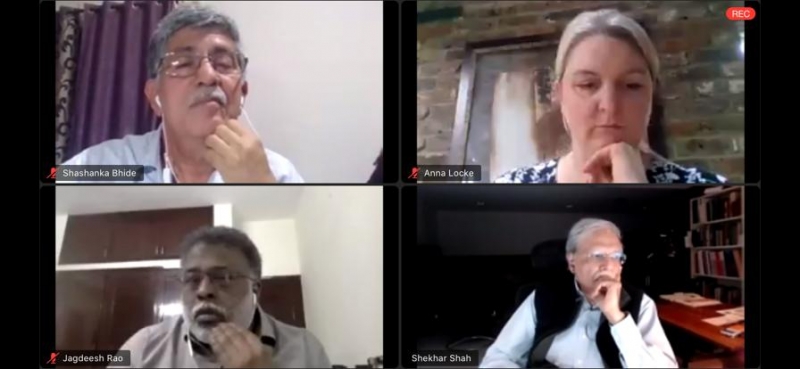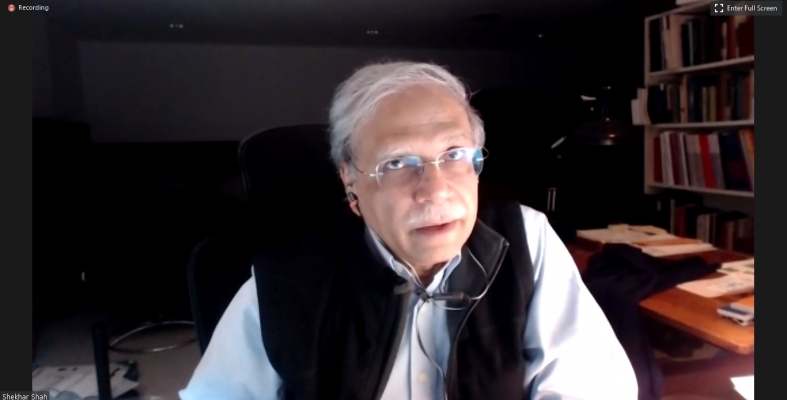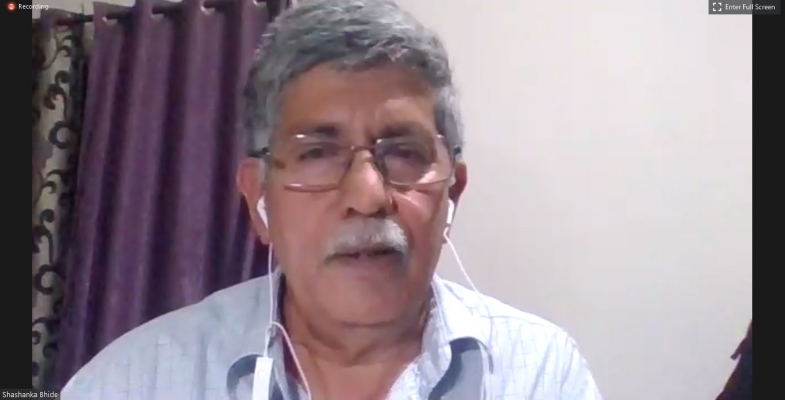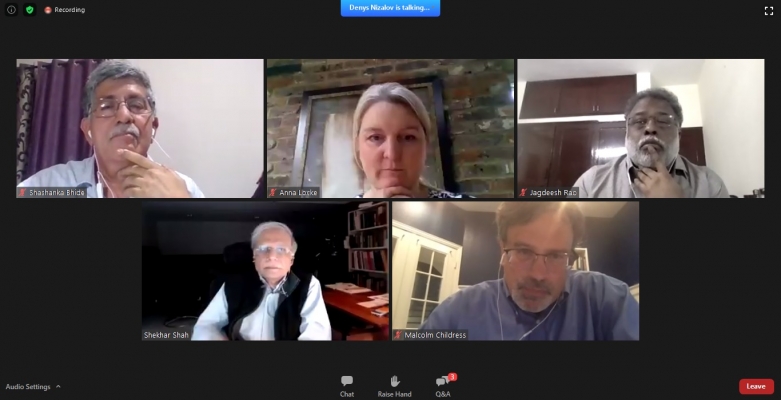Prindex is the world’s first globally comparable measure of land and property rights. Its data for 140 countries covering 96% of the world’s adult population released in July 2020 show that almost 1 billion people around the world feel it is likely or very likely that they will lose their land or home within the next five years. The Prindex data also covers India, where some 22% of adults feel insecure about their property. Land and property rights measures can trigger a race to the top among countries and within countries for establishing systems of secure property and land rights. Such measurement can reveal the poverty-reducing potential of more secure property rights that is being wasted. And they can help build stronger constituencies for change linked to urbanisation, environmental change, poverty alleviation and women’s rights.
On October 12, NCAER hosted
Malcolm Childress of the Global Land Alliance and
Anna Locke of the Overseas Development Institute to share the findings of their just–released Prindex global assessment of perceived tenure security. To discuss the implications of the Prindex findings for India and the country’s own, long-standing quest for more secure property and land rights, they were joined by
Jagdeesh Rao Puppala of the Foundation for Ecological Security,
Pranab Ranjan Choudhury of the Center for Land Governance, and
Shashanka Bhide of NCAER.
Shekhar Shah, NCAER’s Director General, moderated the discussion and also introduced NCAER’s ongoing and forthcoming work on measuring the quality, accuracy, and accessibility of land records, how Indian households use them, how households perceive their property rights, and how land records and perceptions might be related. The panellists discussed how more secure property rights could help poor, land-owning rural households cope better with the economic ravages and the long-lasting scars likely from the Coronavirus pandemic in India. The discussion was followed by a Q&A session with the participants. The panellists also responded to write-in questions from webinar participants. The discussion was attended by over 80 participants.










